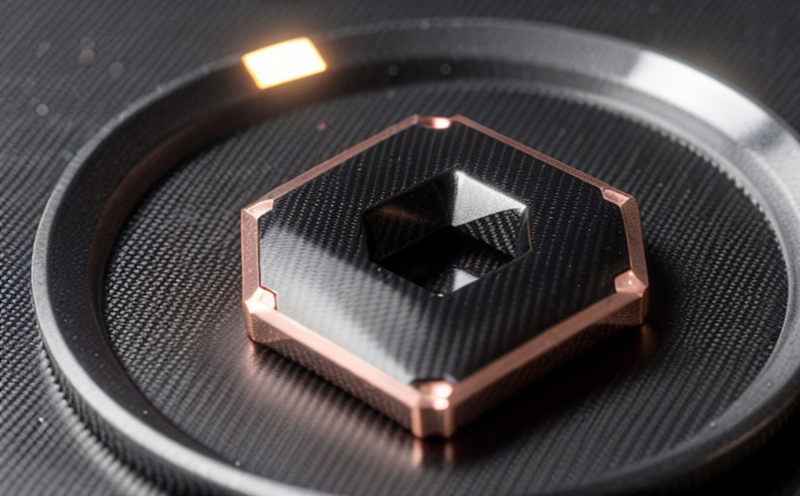ISO 13099 Zeta Potential and Dispersion Stability of CNT Suspensions
The ISO 13099 standard is a critical tool in the characterization of carbon nanotubes (CNTs) and graphene, as it provides a method for determining zeta potential and assessing dispersion stability. This service is essential for ensuring that CNT suspensions meet the required quality standards for various applications including electronics, energy storage, and composites.
Understanding the zeta potential of CNT suspensions is crucial because it directly influences the colloidal stability of the suspension. A high zeta potential indicates good dispersion stability, which is vital to prevent aggregation and settling issues. This property is especially important in nanomaterials where even small changes can significantly affect performance.
The dispersion stability of CNTs and graphene is a key factor in their successful integration into various applications. For instance, in electronics, poor dispersion can lead to uneven distribution of the nanomaterials within circuits, affecting conductivity and overall device performance. In energy storage devices like batteries, the ability to maintain stable suspension properties ensures consistent charge/discharge cycles without degradation over time.
Our testing service adheres strictly to ISO 13099:2004 guidelines which outline precise procedures for measuring zeta potential using electrophoretic light scattering (ELS) and dynamic light scattering (DLS). These techniques provide accurate data on the charge distribution and aggregation behavior of CNTs in suspension.
Preparation of the sample is critical to obtaining reliable results. Typically, a stable dispersion of CNTs or graphene should be prepared by ultrasonication in an appropriate solvent system. The choice of solvent can greatly influence the outcome; water-based solvents are common but may not always yield optimal results due to interactions between the nanomaterial and the solvent.
The testing process involves several steps:
- Sample preparation
- Sonication of the CNT suspension
- Dilution if necessary
- Injection into the ELS/DLS instrument
- Data acquisition and analysis
Once testing is complete, our team provides detailed reports outlining zeta potential values along with dispersion stability assessments. These insights help clients make informed decisions regarding their nanomaterials use.
Scope and Methodology
| Parameter | Description |
|---|---|
| Zeta Potential Measurement | Determined using electrophoretic light scattering (ELS) and dynamic light scattering (DLS). |
| Suspension Stability Assessment | Evaluates the tendency of CNTs to aggregate or settle in suspension over time. |
| Sample Preparation | Involves ultrasonic dispersion followed by dilution if necessary. |
| Data Acquisition | Includes real-time measurement and subsequent analysis of particle behavior. |
Quality and Reliability Assurance
We maintain strict adherence to ISO 13099:2004 standards, ensuring that every test conducted meets the highest quality assurance criteria. Our laboratory is equipped with state-of-the-art ELS/DLS instruments capable of delivering precise measurements.
To further enhance reliability, we implement rigorous internal audits and external calibration checks regularly to verify our equipment's accuracy. Additionally, all personnel involved in testing undergo continuous training to stay updated on the latest techniques and methodologies.
Client satisfaction is paramount to us. We ensure that each report includes not only raw data but also comprehensive interpretations tailored specifically for your project needs. This approach helps you understand the significance of our findings within the broader context of your research or development efforts.
Customer Impact and Satisfaction
- Enhanced product quality through precise characterization
- Streamlined regulatory compliance processes
- Informed decision-making regarding nanomaterials usage
- Avoidance of costly rework or failures due to poor dispersion stability
- Improved reputation among clients and stakeholders who value high-quality products





